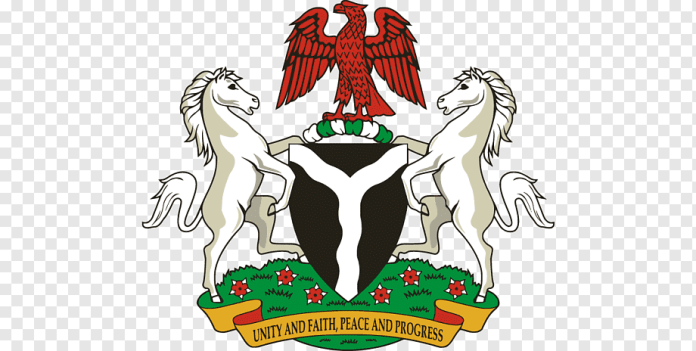The Federal Government through the Debt Management Office (DMO) has issued Series 1 of the first-ever domestic dollar bond worth $500 million.
It was expected to be followed by the National Bureau of Statistics (NBS) foreign capital importation report for Q2. This is alongside a Debt Management Office (DMO) issuance of three tranches of FGN bonds worth N190 billion today. This issuance includes the re-opening of a five-year N70 billion bond and re-opening of seven and nine year bonds valued at N70 billion and N50 billion each.
Recall that at the last auction in July, DMO sold N378 billion across the three bonds offered, with the stop rates of the longest tenure at 20.45 percent. The Debt Management Office (DMO) sold double the N100 billion offered on its longest offer (a nine-year bond) as investors locked in on a 21.98 percent yield at its auction today.
“The market is trying to look for a higher yield”, Olaolu Boboye, lead economist at Cardinal Stone Securities Limited said. Preference was given to the long-dated tenor (new nine-year bond) selling N200.65 billion, 100 percent higher than offered with an oversubscription of N241.65 billion. A total of N225.72 billion FGN bonds was sold at the auction today; the amount sold was less than the auctioned N300 billion FGN bonds across three tranches. It included a reopened nine-year bond and five and seven tenures at N100 billion each. Yield on the long-dated instrument increased to 21.98 percent at today’s sales from 21.50 percent in the previous auction.
The stop rates of the five- and seven-year bonds also grew to 19.89 and 21.00 from 19.64 and 20.19 percent reported at the last auction, respectively. This was marginally less than the stop rate on the one-year Treasury bill considered less risky than longer-dated bonds.
Cardinal Stone, in its midyear outlook, reported that fixed income yields are currently high and probably unsustainable and advised investors to invest in long-dated instruments. “With improved production from the Dangote refinery, the world’s largest single-train facility, the price of diesel is expected to crash to about N900 per litre while long queues at filling stations are tapped to end.”
The bond, unveiled through the Debt Management Office (DMO), will be accessible to a broad range of investors, with a minimum investment amount of $10,000, with additional investments allowed in increments of $1,000. This structure is intended to enable wider participation among investors both within Nigeria and in the Diaspora. “This bond issuance is more than just a financial instrument; it is a strategic move to channel funds into sectors that will catalyse economic growth”, said Wale Edun, Minister of Finance and coordinating minister of the economy, said at the recent roadshow.
The bond issuance will be listed on platforms such as the Nigerian Exchange and FMDQ, making it accessible to a variety of investors. The principal will be repaid after five years, with interest payments made every six months. This structured repayment schedule is designed to provide confidence to investors.
The National Bureau of Statistics has also released the price watch for diesel and Premium Motor Spirit (PMS). The average retail price paid by consumers for petrol in June 2024 was N750.17, indicating a 37.44 per cent increase when compared to the value recorded in June 2023 (N545.83). Similarly, the average retail price of automotive gas oil (diesel) paid by consumers increased by 79.32 per cent on a year-on-year basis to N1,462.98 per litre in June.
It rose from a lower cost of N815.83 per litre recorded in the corresponding month of last year (i.e., June 2023) to a higher cost of N1, 462.98 per litre. On a month-on-month basis, it grew by 4.20 per cent from N1,403.96 in the preceding month of May 2024 to an average of N1,462.98 in June 2024. With improved production from the Dangote refinery, the world’s largest single-train facility, the price of diesel is expected to crash to about N900 per litre while long queues at filling stations are tapped to end.
Also, the National Bureau of Statistics is expected to release selected food prices for last month. Food inflation, a significant driver of overall inflation, declined to 39.53 percent in July, down from 40.87 percent in June—the first in nearly two years. But even as food inflation decelerated month-on-month, it is still higher than 26.98 percent recorded last July.
“The rise in food inflation on a year-on-year basis was caused by increases in prices of the following items: semovita, yam flour (pre-packed), wheat flour (also pre-packed), bread and cereals class, yam, Irish potatoes, water Yam, etc.” It, however, attributed the fall on a monthly basis to the decline in the rate of increase in the average prices of tin milk and baby powdered milk, fish, garri, akpu (fufu).


